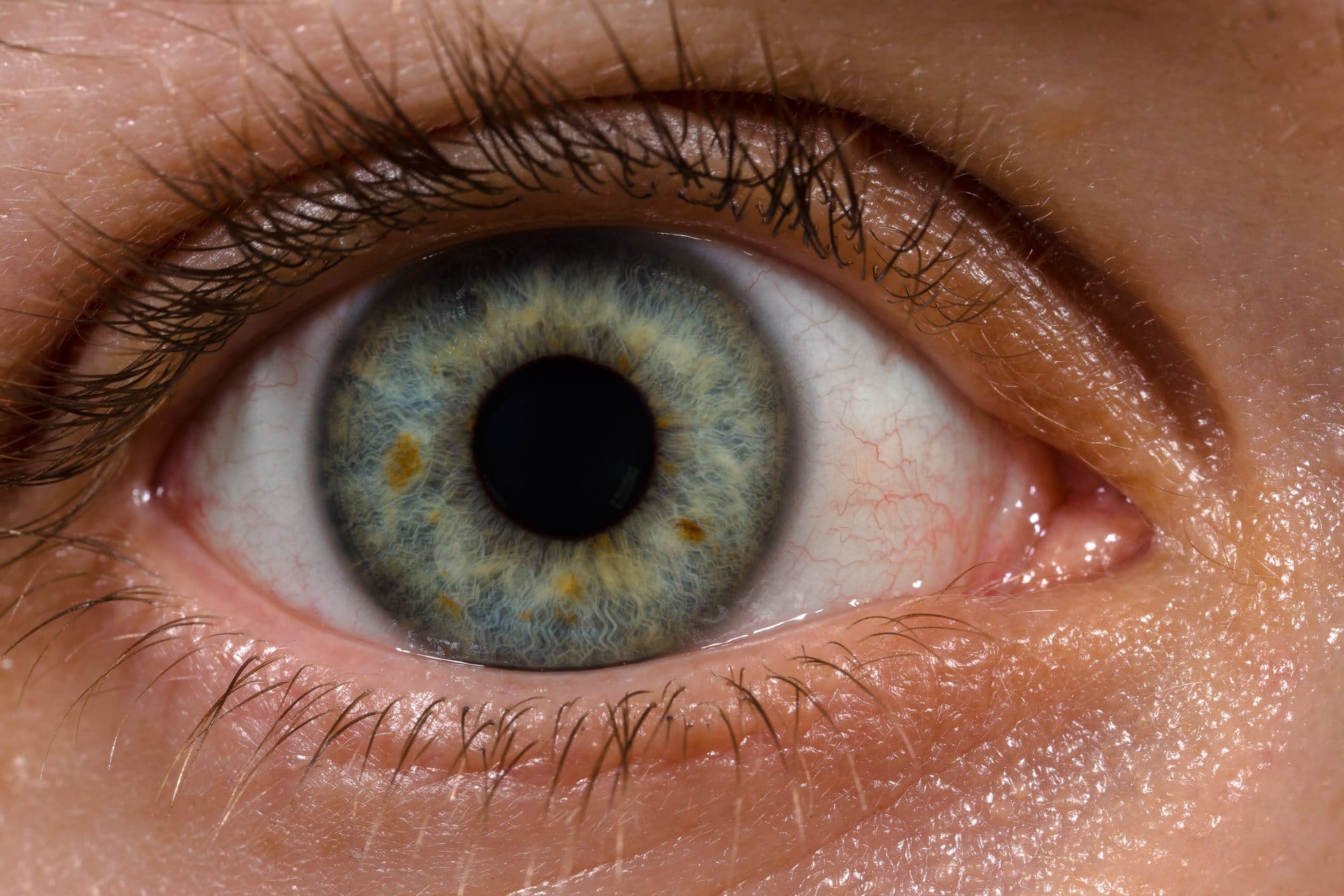New eye drops developed by researchers from the Shaare Zedek Medical Center and Bar-Ilan University in Israel can improve both nearsightedness and farsightedness, the inventors claim. However, so far the "nanodrops" have only been successfully tested on pigs' corneas.
The eye drops are "a new concept for correcting refractory problems," said David Smadja, one of the ophthalmologists who worked on the eye drops, at Shaare Zedek’s research day on Feb. 21, as reported by The Jerusalem Post. The patented drops use nanotechnology to improve vision.
According to the National Eye Institute, both children and adults can develop either nearsightedness or farsightedness. Around five to 10 percent of Americans suffer from farsightedness, and it becomes more likely to develop if both parents are also farsighted. Nearsightedness, however, currently affects around 42 percent of Americans between the ages of 12 and 54, with those living in urban environments more than twice as likely to develop the condition.
Smadja explained during the research day that the nanodrops could potentially be used for more than just correcting someone's corneas. Replacing multifocal lenses is also feasible, which would enable people to focus on objects from various distances.
Patients would have to launch an app on their phones to measure their eyes' refraction and create a laser pattern. This pattern would then be "stamped" onto the corneal surface of the eyes.
While a promising development, Smadja didn't say how often the eye drops need to be applied in order to fix a person's corneas or ultimately replace glasses. Furthermore, what additional work needs to be done before moving on to human trials was not discussed. One factor that may need to be determined is whether the eye drop solution is toxic to humans, and another is how much of the solution is needed per application in order to make an impact.
Sight is one of the most important senses we have, and scientists continue to research ways to maintain and improve it. Alongside Smadja's nanodrops, work has been done to determine if stem cells can effectively treat macular degeneration, and the Ocumetics Technology Corporation is working on a bionic eye that could prevent cataracts and push eyesight beyond 20/20 vision. As we continue to discover new ways to upgrade our senses and abilities, we advance closer and closer to a world of enhanced humans.
Share This Article
